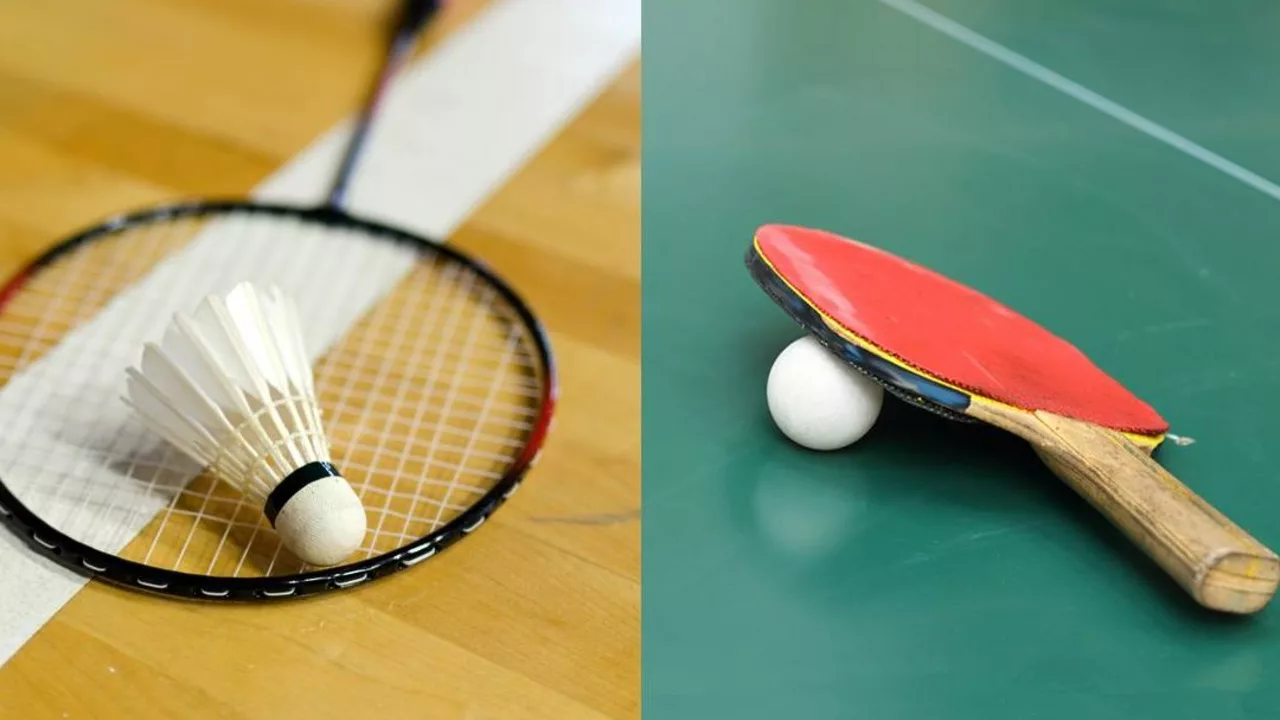Sport Difficulty – What Really Makes a Game Hard?
If you’ve ever wondered why some athletes look like they’re born for a sport while others struggle, you’re not alone. The truth is that every sport has its own set of hurdles – physical, mental, and even tactical. Understanding those hurdles helps you pick a sport that fits you, or simply appreciate the effort athletes put in.
Factors That Make a Sport Tough
First off, physical demand is the big one. Sports like rugby throw you into constant contact, so you need strength, stamina, and a high pain tolerance. Tennis, on the other hand, demands quick bursts of speed, agility, and a strong core to chase every ball across the court. Then there’s skill complexity. Golf’s swing looks easy, but mastering consistency takes years of practice. Football (soccer) blends footwork, vision, and endurance – you have to read the game while running for 90 minutes.
Mental pressure is another hidden factor. A single mistake in a tennis match can cost a set, so players need razor‑sharp focus and the ability to bounce back fast. Rugby players handle bruises and still need to make split‑second decisions in a chaotic environment. The mental game often separates good players from great ones.
Finally, tactics play a role. Sports like basketball rely on set plays and reading defensive schemes, while rugby union uses phases and breakdown strategies that can be confusing for newcomers. The more layers of strategy, the steeper the learning curve.
Comparing Popular Sports
Tennis vs. Rugby: Tennis is a solo sport; you control every point, but you also carry all the pressure. Rugby is a team sport – you share the load, but you also have to sync with teammates in high‑impact situations. In terms of raw physical wear, rugby usually edges out tennis because of repeated collisions.
American Football vs. Rugby: Both are contact heavy, but American football has more protective gear and frequent pauses, giving players brief recovery windows. Rugby offers continuous play, so endurance matters more. If you like short bursts with set plays, football might feel easier; if you prefer nonstop action, rugby could be your jam.
Soccer vs. Basketball: Soccer demands relentless running – about 7‑10 miles per match – plus precise foot control. Basketball’s court is smaller, so you do more sprinting and jumping, with constant direction changes. The skill set for ball handling differs: feet versus hands. Some find soccer’s stamina challenge harder, while others see basketball’s shooting pressure as tougher.
When you add in beginner accessibility, tennis courts and rackets can be pricey, while a local park often has a free rugby field. Cost and equipment can affect how “difficult” a sport feels in the early stages.
So, which sport is the toughest? It really depends on what you value. If you love raw power and can take hits, rugby might be your pick. If you thrive on precision and mental composure, tennis could feel more demanding. The key is to match your strengths and interests with the sport’s biggest challenges.
Next time you watch a match, notice the specific hurdles the athletes face – the sprint after a serve, the tackle technique, the split‑second decision. Knowing the difficulty behind the action makes the game more exciting and helps you decide where to put your own effort.
